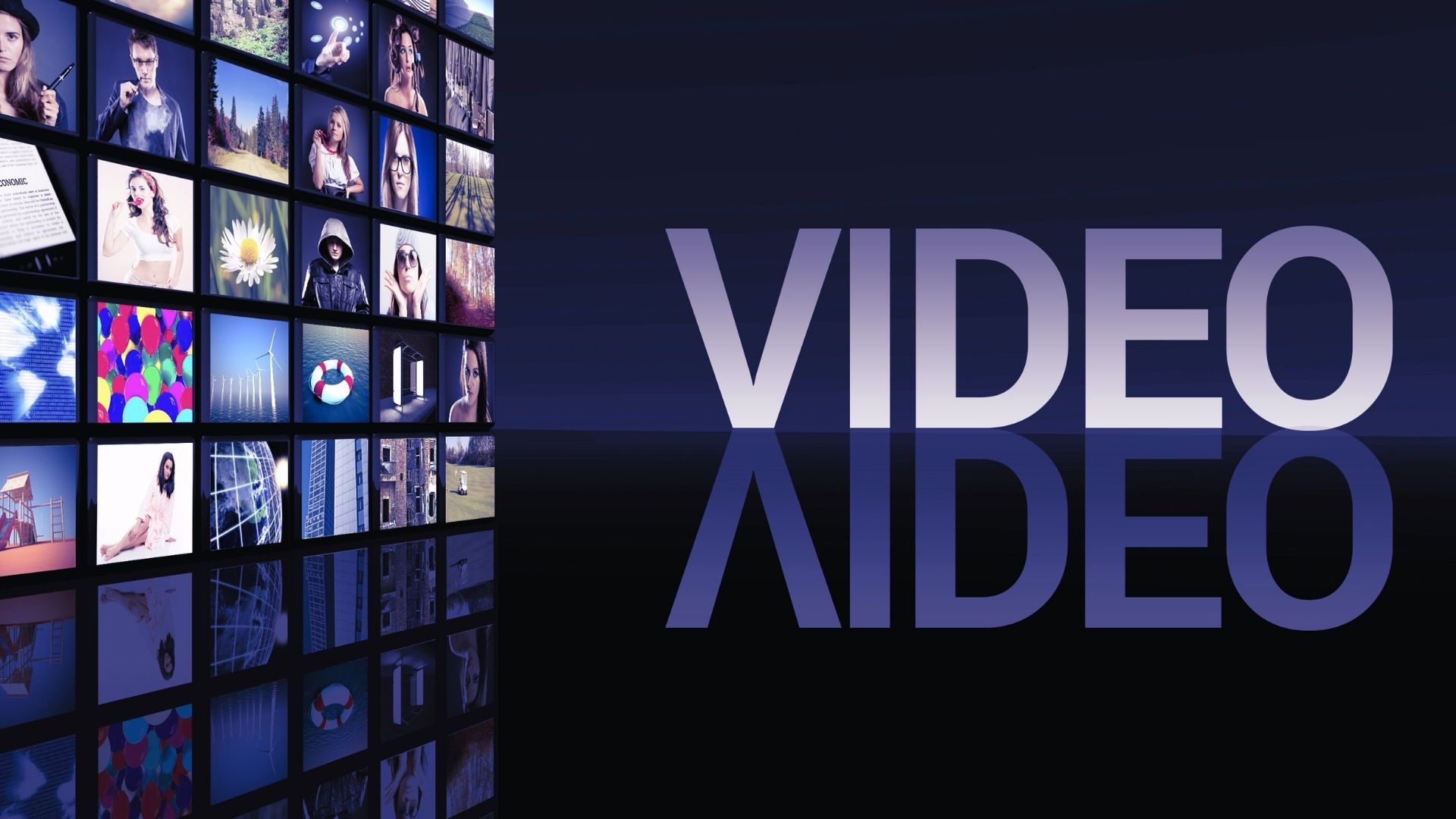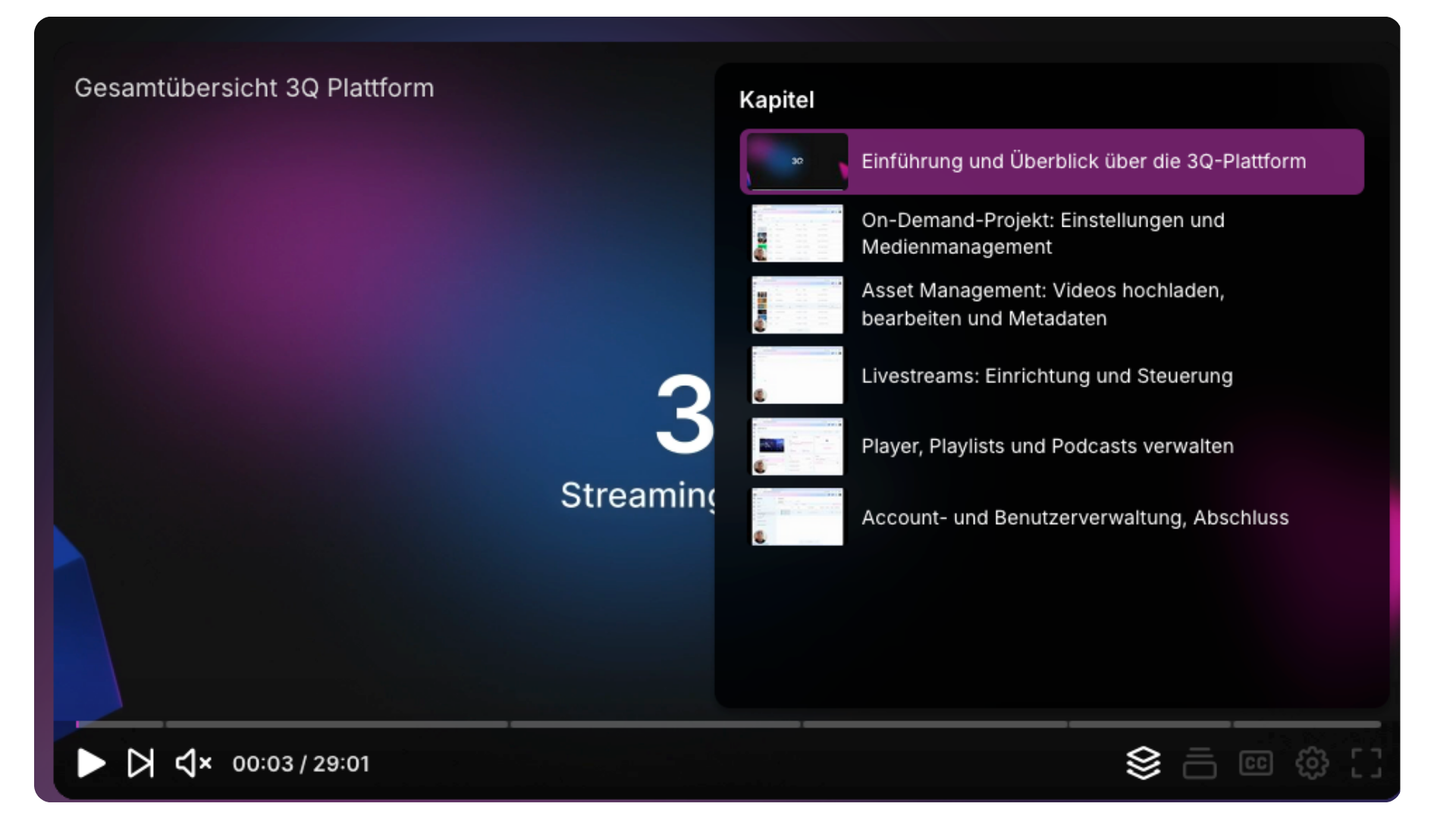Livestreaming in the public sector

Livestreaming in the public sector - opening up new opportunities
Many people can hardly be reached via traditional mass media. They are increasingly using social media channels for information purposes. Organisations should therefore be prepared to be present on these channels as well. This also increasingly applies to public administrations, as there is a particular need for information and communication among the population.
Digital, accessible communication with citizens is the new standard, not least due to the spread of smartphones. Conferences, meetings, conventions and events can be broadcast live from all locations, making all public events easily accessible.
Reasons for the particular relevance of livestreams:
- Reaching a wider audience
- Digital events are logistically simpler and more cost-effective than face-to-face events
- The ecological footprint is significantly reduced through virtual participation
- Recordings of live streams can be published on public administration websites or other channels and are therefore available for viewing at any time. Ideally, your website will have a video library so that all content can be viewed and distributed on-demand at any time and on any device, even afterwards
- With the help of AI-supported automatic transcription, even the longest sessions can be transcribed in the shortest possible time. This allows content to be further utilised, quickly found and searched through
- Livestreaming enables extensive accessibility and inclusion, as live subtitling can be integrated
What needs to be considered when live streaming?
- Country-specific regulations should be taken into account for public livestreams. For example, in the case of public meetings, the transmission of images and sound via a livestream and the subsequent retrieval of the video recording may only take place if the consent of all participants has been obtained - this applies to both speakers and the audience.
- The direct embedding of videos on commercial video platforms such as YouTube or Vimeo can be done quickly and easily by copying the code. From the perspective of the General Data Protection Regulation (GDPR), however, this entails a number of obligations for the responsible website operators and increases the liability risk.
- If the videos are embedded directly on commercial video platforms, data is also transmitted initially when the player is loaded, which usually takes place at the same time as the page is accessed. Further data is transferred when interacting with the player. Personal data of visitors to the website, such as the IP address, is also transmitted to the platform operators and, if applicable, third-party providers.
- In the case of commercial video platform operators from third countries, an additional complicating factor is that not only is a legal basis required for the transfer of the data itself, but also a legal basis for the transfer of the data to third countries.
Advantages of using a European video SaaS provider
When using a professional European video SaaS provider such as 3Q to manage and display audiovisual content on your own website, you can avoid a number of problems:
- Uncontrollable placement of third-party advertising by YouTube and its parent company Google
- Usage rights give YouTube control over your content & playout
- User drain: Links in YouTube videos draw viewers away from your own website
- By using external URLs, e.g. to YouTube videos, the content appears ‘further down’ in search engine results
- No GDPR compliance
How does 3Q ensure data protection-compliant video management?
The main prerequisite is the company's own European infrastructure. For example, 3Q operates with a ‘privacy-first’ approach and does not use US service providers in the entire ecosystem. Data centres in Europe form the operational basis and are operated by the company's own Content Delivery Network (CDN) without the use of US sub-service providers.
3Q customers also benefit from ISO/IEC 27001 certification, which serves to protect confidential information as well as the integrity and availability of information in organisations and companies.
You can also find out the basics of live streaming for municipal events in this article.
Newsletter
Abonnieren Sie unseren monatlichen Newsletter, um immer auf dem Laufenden zu bleiben!


%202.png)







